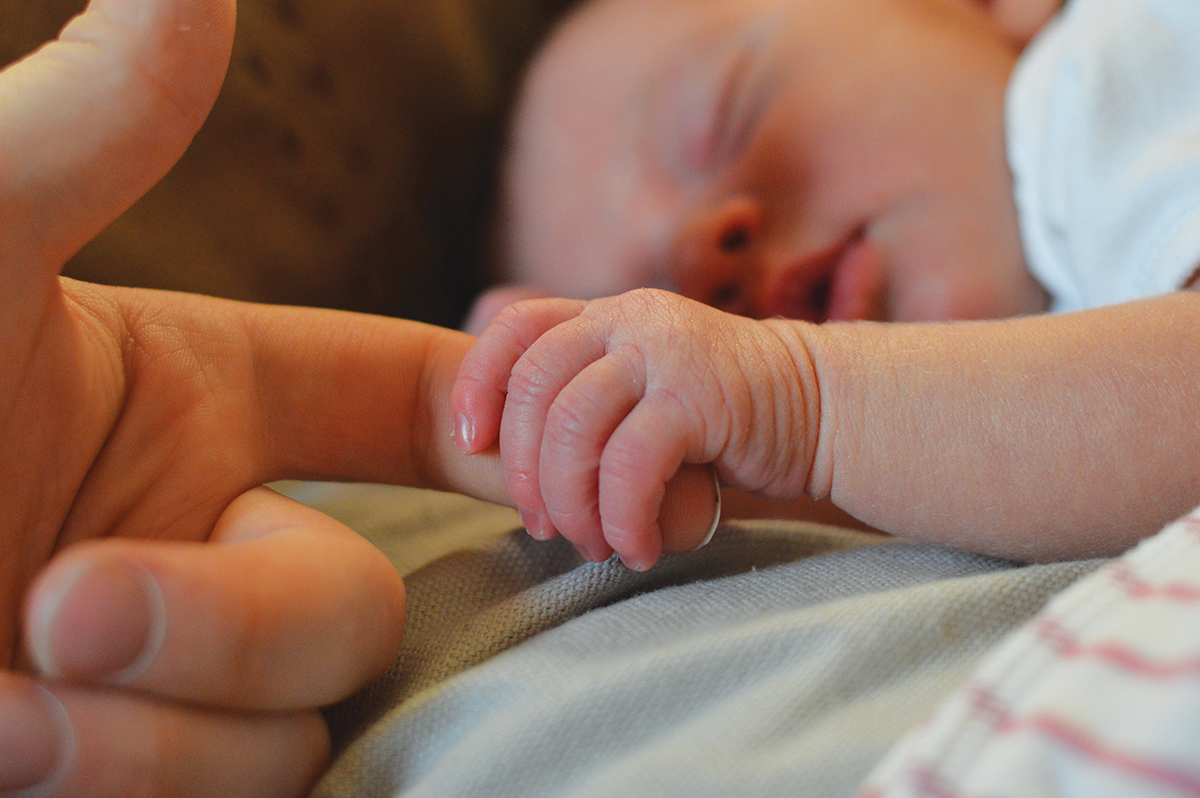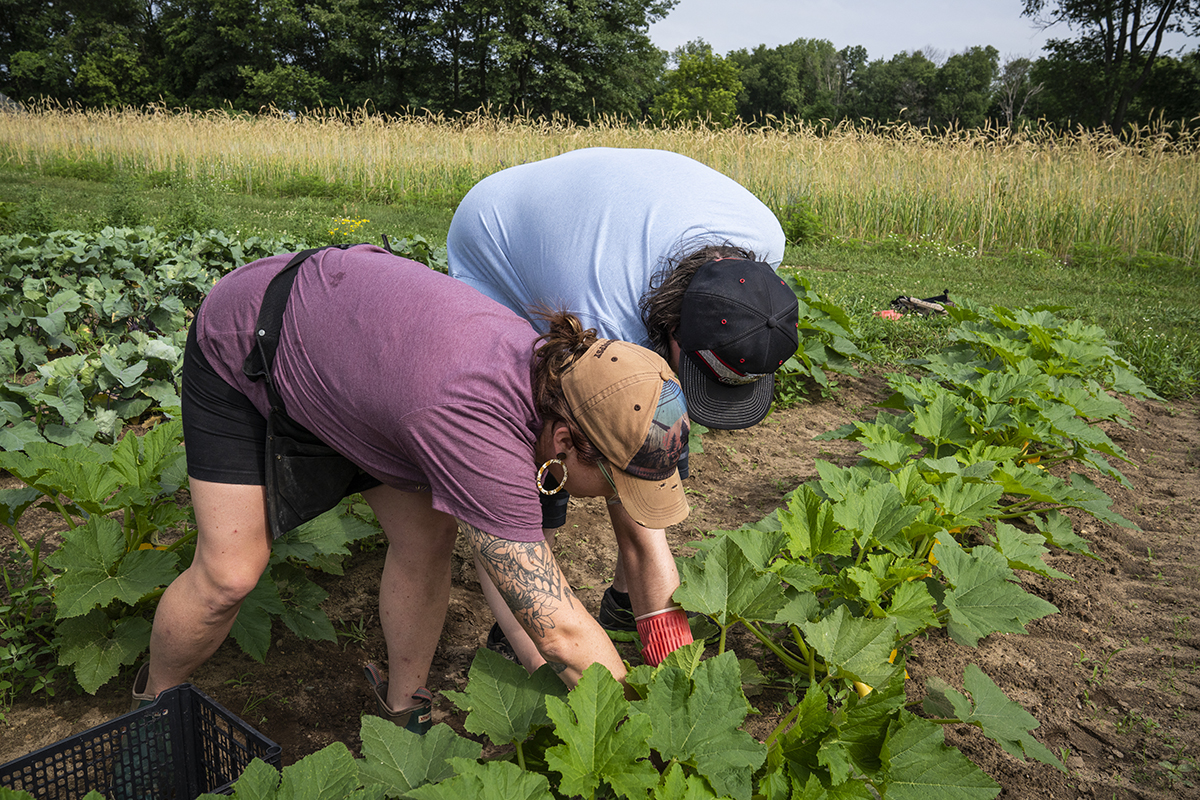WRITER | NICOLETTE CHAMBERY
Destigmatizing Postpartum Depression through Advocacy for New Parents
Each year, about 15 percent of women and anywhere from 1 to 26 percent of men will suffer from postpartum depression or PPD. Research continues to determine the exact cause of PPD, for which there are many symptoms. The most common indicators are changes in eating patterns, extreme sadness or anxiety, low energy, and inability to sleep.
The only thing worse than the onset of an untimely disorder such as PPD is the stigma that, for years, has surrounded the men and women who suffered because of it. According to MomsBloom board director Carrie Kolehouse, there is a persistent lack of understanding of the difference between PPD and postpartum psychosis.
Postpartum psychosis is an extreme form of PPD that occurs in one to two women out of 1,000 each year. In some cases, it leads to the murder of infants under a year old. “Some women are afraid to admit publically that they have PPD because they’re worried their communities will associate them with people who are a danger to their children,” said Kolehouse.
Kolehouse got involved with MomsBloom after experiencing PPD following the birth of her first child. “I had a very challenging transition into motherhood, and I didn’t know about the organization at the time. I was struck by how difficult it was even though I had resources and a supportive family.”
Leaders of and volunteers with the organization frequently talk to participants about intrusive thoughts, which, by definition, are unwanted thoughts that won’t go away. However, there is a large and very important difference between someone who has an intrusive thought and recognizes its detriment and someone who “connects” with the idea and believes they should carry out that behavior.
After discovering MomsBloom in 2013, Kolehouse joined the organization as a volunteer before becoming the board chair a year and a half ago.
“I thought if this is so difficult for me, how is it for women who can’t provide for their children or don’t have families close by? A seed of compassion was planted because of that experience, and I wanted to do something to give back.”
MomsBloom offers myriad in-home services, ranging from meal prep to emotional support and companionship to care for additional siblings. People who have taken advantage of MomsBloom services refer to the program as the “extended family of the 21st century.”
The organization accommodates that segment of the population described as being “on the cliff” — those who make enough money to disqualify them from social services but who can’t afford the in-home care they would benefit from the most.
The long-term danger of not supporting the men and women suffering from PPD is that the disorder could prevent them from successfully reentering the workforce, which could severely affect the overall health and wellbeing of the family.
“We can see someone on a ramp with a sign asking for food and think, I wish we could cure homelessness, but PPD can be kind of invisible to us. We don’t always see moms struggling every day, especially when they’re at home much of the time post-delivery.”
The goal of MomsBloom is to remain accessible to those who need its services so they can go forward and succeed in all areas of their lives.
“We take more of a mentorship/volunteer role. When a mother feels like she’s drowning in laundry, dirty dishes, and diapers, it can exacerbate the situation. We’ll come in and help her catch up by doing practical things like holding the baby or playing with the other siblings.”
MomsBloom bridges the gap by caring for a new family lacking the support of loved ones close by. Its judgment-free approach means that caring volunteers are accessible to anyone in need and looking for information.
MomsBloom
3292 N. Evergreen Drive NE, Grand Rapids MI 49525
(616) 828-1021
MomsBloom.org








